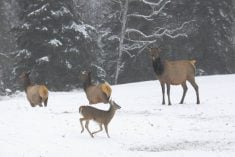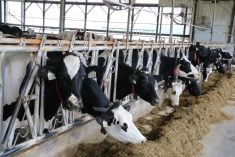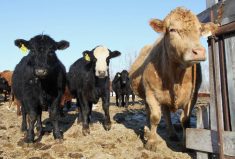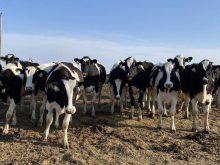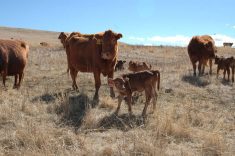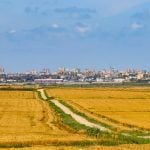Post-mortem inspection is complete on the Saskatchewan beef herd that tested positive for bovine tuberculosis.
The number of confirmed positive tests remains at 10 and laboratory tissue testing is ongoing, according to a Canadian Food Inspection Agency update Aug. 11.
The single life line herd, defined as a herd traced from an infected animal in the infected herd, has been released from quarantine. No positive cases have been found in that herd.
Live testing will begin after summer grazing on one contact herd, which either shared a fence line or commingled with the infected herd.
Read Also
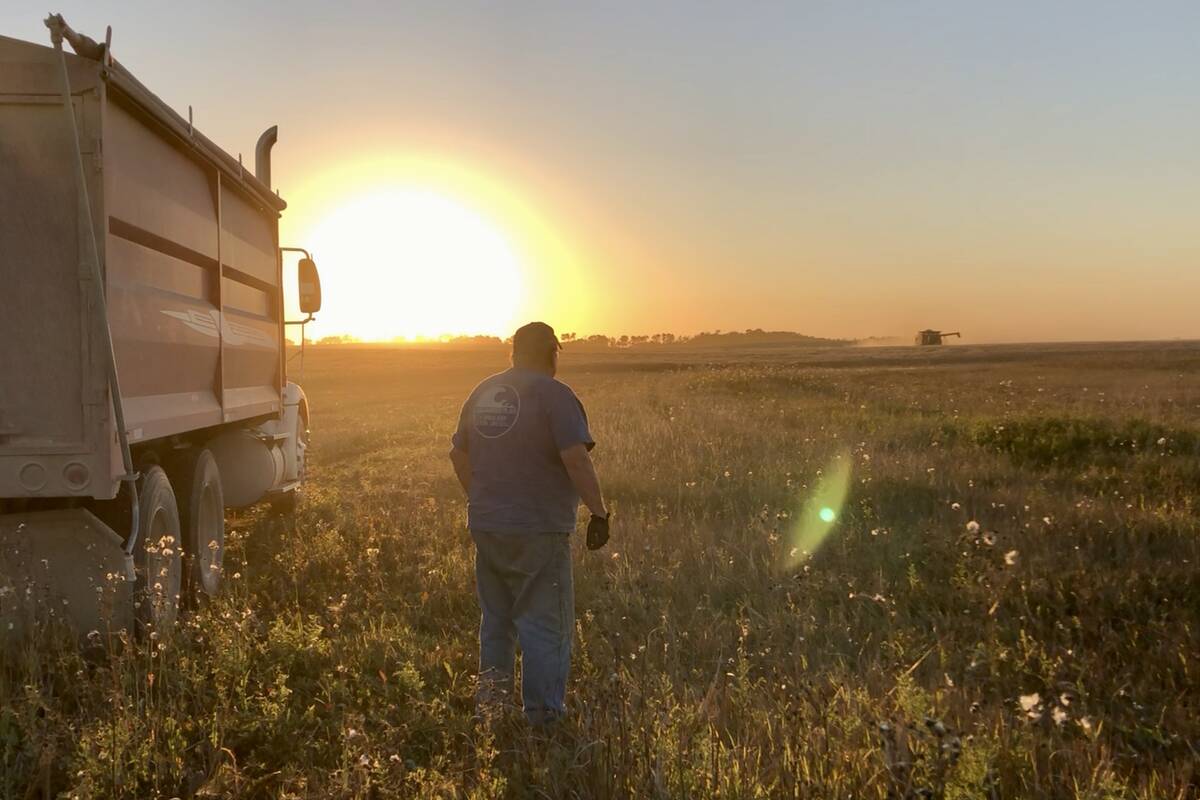
VIDEO: Bittersweet harvest for this family farmhand
Bruce Burnett helps his brother harvest wheat and canola for the last time on the family farm in Manitoba where they both grew up.
CFIA has confirmed two trace-in herds that will also require live animal testing after grazing. These are herds that provided animals to the infected herd.
And there are no confirmed trace-out herds, or one that received animals from the infected herd, but tracing continues.
The infected herd was in east-central Saskatchewan and the first infected animal was detected in a U.S.slaughter facility in February. The animal had been in an American feedlot since the previous fall.
CFIA investigations include tracing the animal movement to and from the infected herd during the past five years.
Canada is considered TB-free but isolated cases occur. Bovine TB is a reportable disease and has been subject to mandatory animal eradication since 1923.







